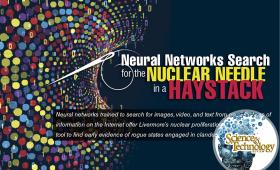Livermore researchers develop a system to help analysts find evidence of nuclear weapons proliferation using open-source information.
Science and Technology Highlights
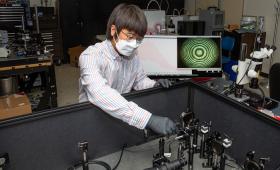
Livermore scientists have developed a high-precision interferometer system to measure the pressure dependence of the refractive index in diamond anvil cells.
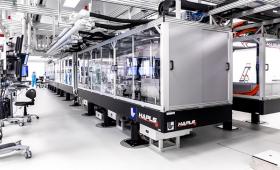
The L3-HAPLS, the world’s highest-average-power petawatt laser system designed and built by Livermore, reached a major milestone during a recent demonstration at ELI Beamlines Research Center.
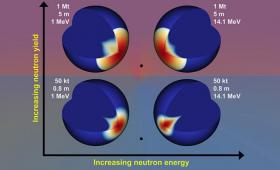
The neutron energy output from a nuclear device detonation can affect the deflection of an asteroid.
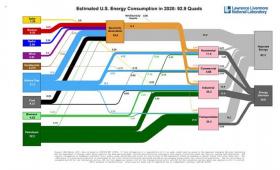
Americans used approximately 7 percent less energy in 2020, due in part to the COVID-19 pandemic, according to energy flow charts released by Livermore.
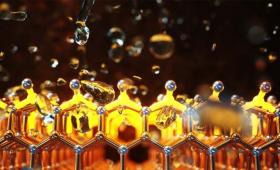
A research team uncovered a surprising, self-improving property in a silicon/gallium nitride photosynthesis device that contributes to the material’s highly efficient and stable performance in converting light and water into carbon-free hydrogen.
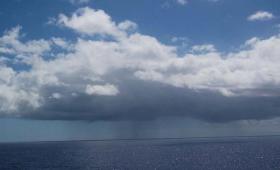
Researchers are improving the modeling of drizzle in stratocumulus clouds to enhance the accuracy of climate models.
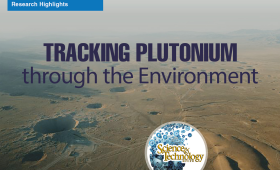
Twenty years of Livermore research has revealed the mechanisms behind plutonium’s slow migration through the environment.
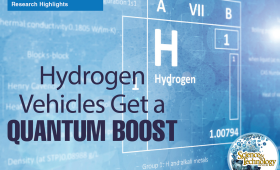
Using a real-world application for quantum mechanics, Laboratory researchers are finding ways to make hydrogen fuel tanks more efficient.
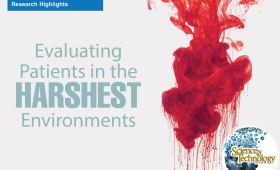
Livermore researchers are developing a simple, yet powerful, health assessment tool for use on the battlefield, in space, or in other isolated settings.


